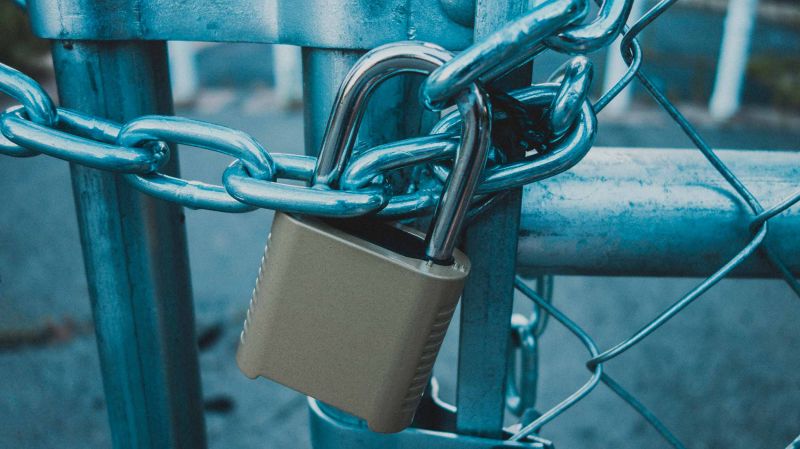Why Lockouts Are Tough on Mental Health
Strikes take an emotional toll on union members in the thick of battle. But lockouts are even worse

Industrial relations is not for the faint of heart. Collective bargaining usually yields fair terms for both employer and employees. But when negotiations break down, labour disputes can have a negative impact on workers’ psychological well-being that can last for months. While a fair amount of research into the psychology of strikes exists, less is known about how workers fare during and after a lockout.
There is reason to believe that different dynamics are at play. New research points out that during a strike, union members at least have some control over how the dispute will be handled. They can choose to ratify strike action. They can walk the picket line. In a lockout, they have markedly less or no control. Which raises the question guiding the research study: Does the type of industrial action (strike vs. lockout) lead to differential effects on union members’ mental health?
How was the study designed?
The study compared the effects of a strike and a lockout on members’ psychological distress six months after industrial action was resolved. Survey participants were 156 secondary school teachers in two Ontario school boards, all with the same union. Both school boards experienced the same industrial relations negotiation process and had a settlement imposed on the same day by back-to-work legislation. In both cases, teachers did not work for four weeks. The only difference: members of one board went on strike, while members of the other were locked out by school-board management.
What did the study find?
• Six months after industrial action ended, teachers who went on strike reported significantly better mental health than teachers who were locked out for the same period.
• The effects were similar irrespective of age, gender or number of years teaching.
What do I need to know?
It has been established that workers involved in a strike experience higher levels of depression, anxiety and irritation, and lower levels of general mental health than non-strikers. This is hardly surprising considering the financial concerns and uncertainty about outcomes of a strike.
It has also been shown that workers who participate in strike activity, such as walking the picket line or raising public awareness, cope better with the mental health consequences of going on strike.
This study shows that as bad as it is for strikers, locked-out employees suffer even more from mental health issues. This is likely because they feel less connected to fellow workers going through the experience and less control over their fate. Their sense of helplessness is pronounced.
In Canada, management is legally entitled to lock out unionized employees. But employers should recognize that this display of power and leverage has wider consequences for their workforces. As the researchers point out in their paper: “The short-term strategic benefits may create longer-term negative consequences for members, union-management relations and beyond.”
Study Title: Differential mental health consequences of strikes and lockouts
Authors: Nick Turner and Connie Deng (Haskayne School of Business); Julian Barling and Karen L. Spencer (Smith School of Business)
Published: Canadian Journal of Behavioral Science (52(2), 149–153)





